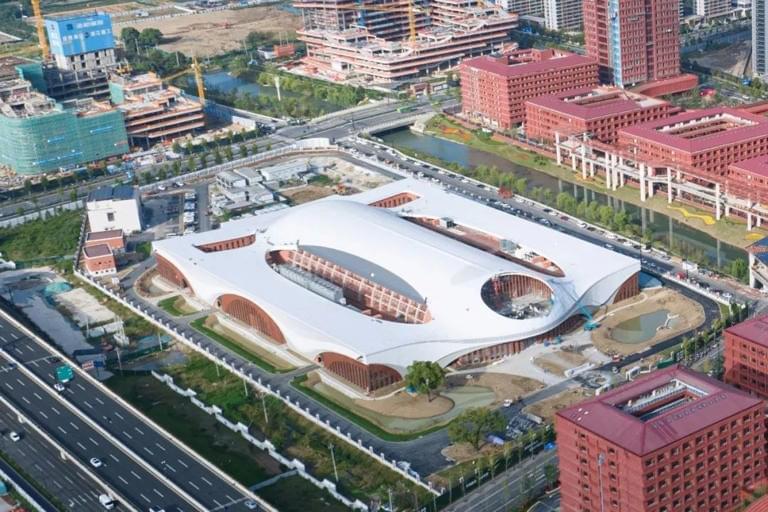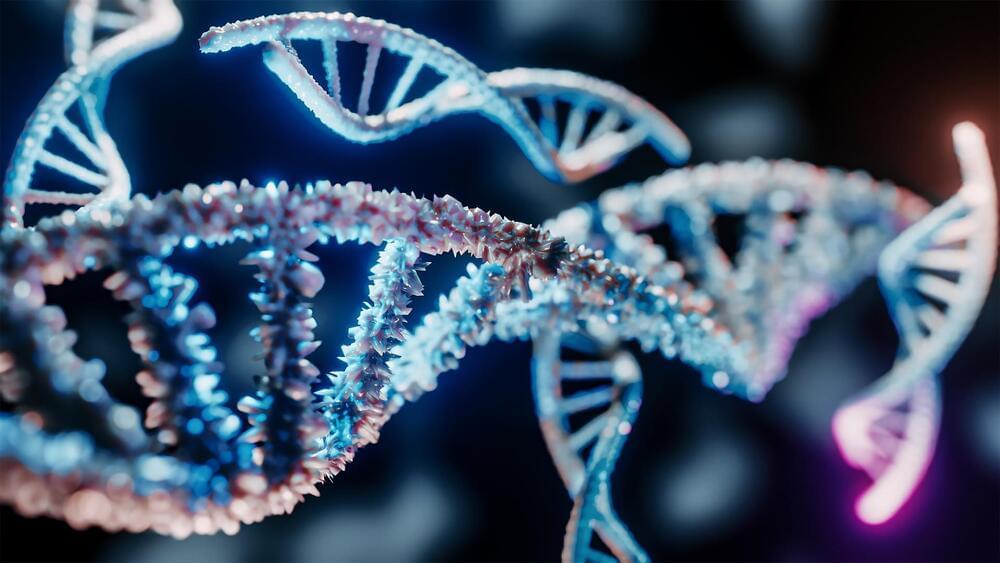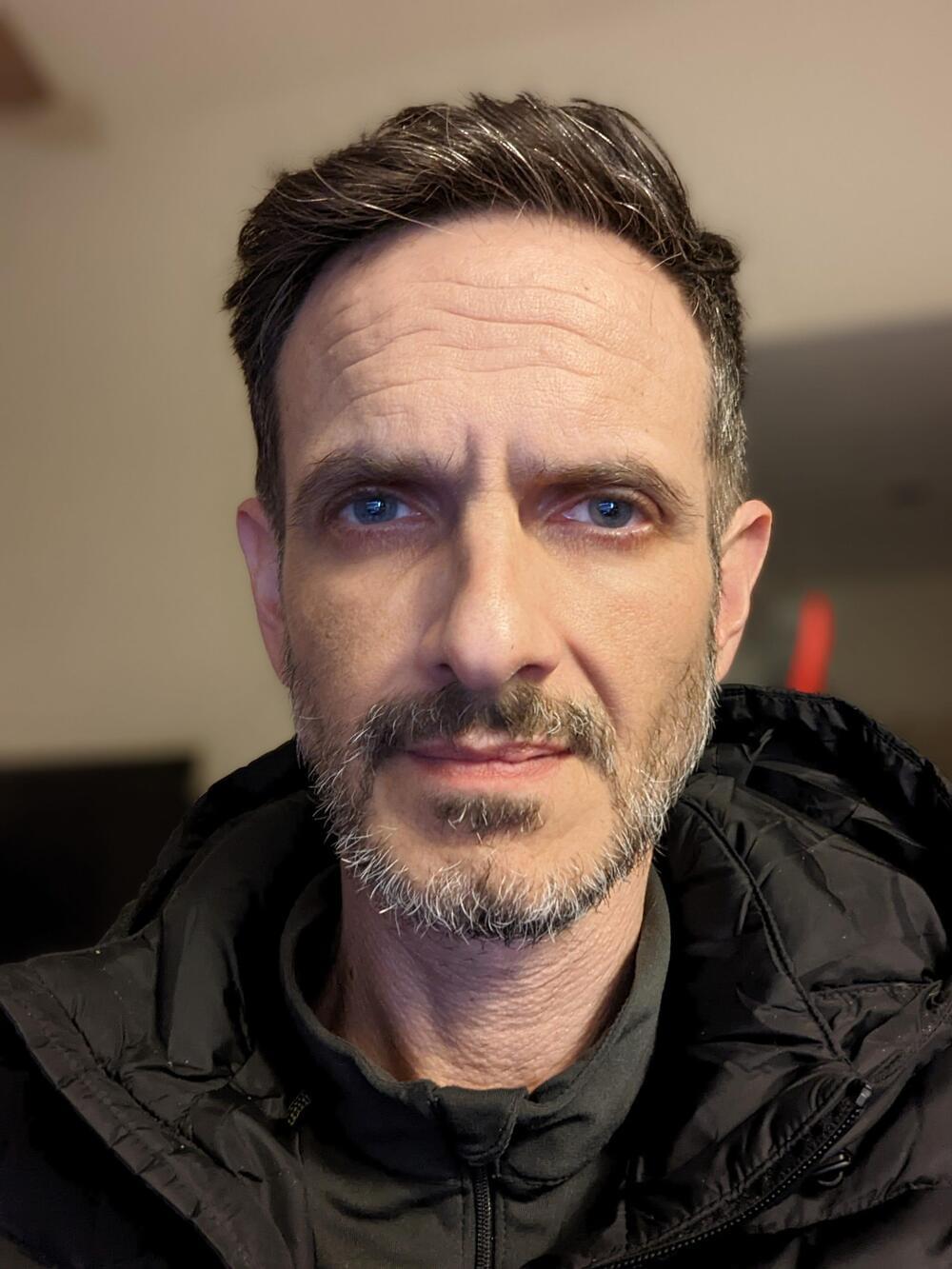Set to redefine the future of hypergravity research, the Centrifugal Hypergravity and Interdisciplinary Experiment Facility (CHIEF) in Hangzhou, China, is approaching completion.
Developed under the leadership of Zhejiang University, this state-of-the-art facility promises to deliver unprecedented experimental capabilities, expanding the frontiers of scientific exploration in hypergravity conditions.
Backed by a budget of over 2 billion yuan (approximately $286.6 million), CHIEF is poised to become the world’s most advanced hypergravity research center.






